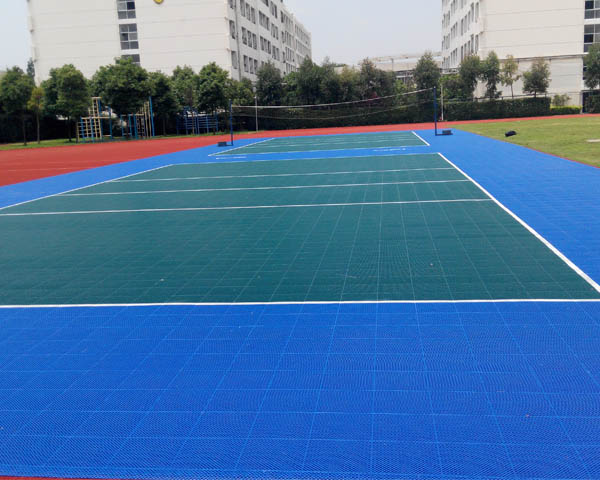10 月 . 18, 2024 07:25 Back to list
non slip commercial kitchen flooring
When it comes to designing a non-slip commercial kitchen, flooring plays a critical role in ensuring both safety and functionality. In the fast-paced environment of a kitchen, where spills and heavy foot traffic are commonplace, choosing the right flooring material is essential for maintaining a safe workspace.
One of the primary concerns in any commercial kitchen is the risk of slips and falls. According to the Occupational Safety and Health Administration (OSHA), slips and falls account for a significant number of workplace injuries, particularly in environments where moisture and food debris are prevalent. Non-slip flooring helps mitigate these risks by providing traction and stability, even when surfaces are wet.
When it comes to designing a non-slip commercial kitchen, flooring plays a critical role in ensuring both safety and functionality
. In the fast-paced environment of a kitchen, where spills and heavy foot traffic are commonplace, choosing the right flooring material is essential for maintaining a safe workspace.Vinyl flooring is another excellent option, particularly luxury vinyl tiles (LVT). Modern advancements in vinyl technology have led to the creation of products that not only mimic the aesthetic of natural materials like wood or stone but also provide superior slip resistance. These tiles are durable, waterproof, and easy to install, making them a practical choice for many commercial kitchens.
non slip commercial kitchen flooring

Porcelain and ceramic tiles with textured finishes can offer good slip resistance as well. They are incredibly durable and can withstand heavy foot traffic and the rigors of commercial kitchen use. However, it is crucial to select tiles with a high coefficient of friction to ensure they are genuinely non-slip.
In addition to selecting the right material, maintenance plays a critical role in ensuring the safety of non-slip flooring. Regular cleaning is necessary to prevent the buildup of grease, food particles, and moisture, all of which can compromise traction. Implementing a routine cleaning schedule and ensuring that spills are addressed promptly can help maintain the effectiveness of non-slip surfaces.
In conclusion, investing in non-slip commercial kitchen flooring is an essential step in creating a safe and efficient working environment. Whether you opt for rubber, vinyl, or tile, the right flooring will significantly reduce the risk of slips and falls, promoting a safer workplace for all staff members. Remember that regular maintenance is key to preserving the slip-resistant properties and overall hygiene of the flooring. By prioritizing safety in design choices, you foster a more productive kitchen while protecting the well-being of your team.
-
Custom Pickleball Court Solutions Convert Tennis & Indoor Builds
NewsMay.30,2025
-
Outdoor Pickleball Court Costs Build & Install Pricing Guide
NewsMay.30,2025
-
Premium Pickleball Sports Courts Custom Design & Installation
NewsMay.30,2025
-
Indoor Pickleball Courts Tennis Court Conversion & Custom Builds Tempe
NewsMay.29,2025
-
Professional Pickleball Court Installation & Tennis Court Conversions
NewsMay.29,2025
-
Grey Synthetic surface-rubber prefabricated track
NewsMar.07,2025

